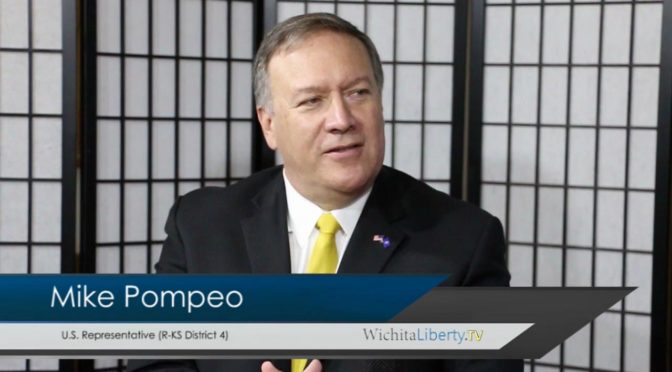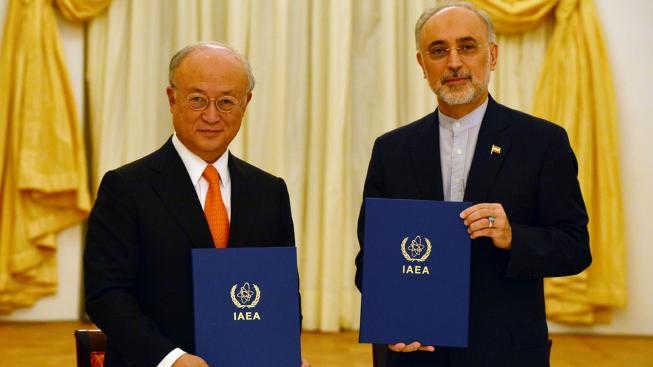Tag: Congressman Mike Pompeo
-

WichitaLiberty.TV: A new season, with co-host Karl Peterjohn
Co-host Karl Peterjohn joins Bob Weeks to discuss Karl’s service as county commissioner, the new session of the Kansas Legislature, and choosing a successor to Congressman Mike Pompeo.
-

Year in Review: 2016
Here are highlights from Voice for Liberty for 2016. Was it a good year for the principles of individual liberty, limited government, economic freedom, and free markets in Wichita and Kansas?
-

WichtaLiberty.TV: Congressman Mike Pompeo
In this episode of WichitaLiberty.TV: United States Representative Mike Pompeo, a Wichita Republican who represents the Kansas fourth district. Topics include elections, judicial retention, foreign affairs, and immigration.
-

From Pachyderm: Congressman Mike Pompeo
From the Wichita Pachyderm Club: Congressman Mike Pompeo delivered an update on the issues of the day and answered questions.
-

Congressman Mike Pompeo update
Congressman Mike Pompeo, fourth district of Kansas, offered his perspective on recent happenings in Europe, the Middle East and Washington, D.C.
-

Food labeling act to be heard
A complicated regulatory landscape for genetically modified foods would shift power to large food producers at the expense of small companies and innovative startups. A bill by Rep. Mike Pompeo addressing this issue will receive a hearing this week.
-
‘Earmark Distribution Agency,’ dealer of pork, proposed for elimination
Congressman Mike Pompeo, R-Kansas, offered an amendment to H.R. 4660, the Commerce, Justice, Science, and Related Agencies Appropriations Act for Fiscal Year 2015, to eliminate the Economic Development Administration (or the “Earmark Distribution Agency”).
-
Pompeo responds to president’s speech on Syria
From the office of U.S. Representative Mike Pompeo, a Republican who represents the Kansas fourth district: Washington — Congressman Mike Pompeo, R-Kansas, a member of the House Permanent Select Committee on Intelligence, an Army veteran and a graduate of West Point, responded to the President’s remarks on Syria. “I am pleased that calls for a…

